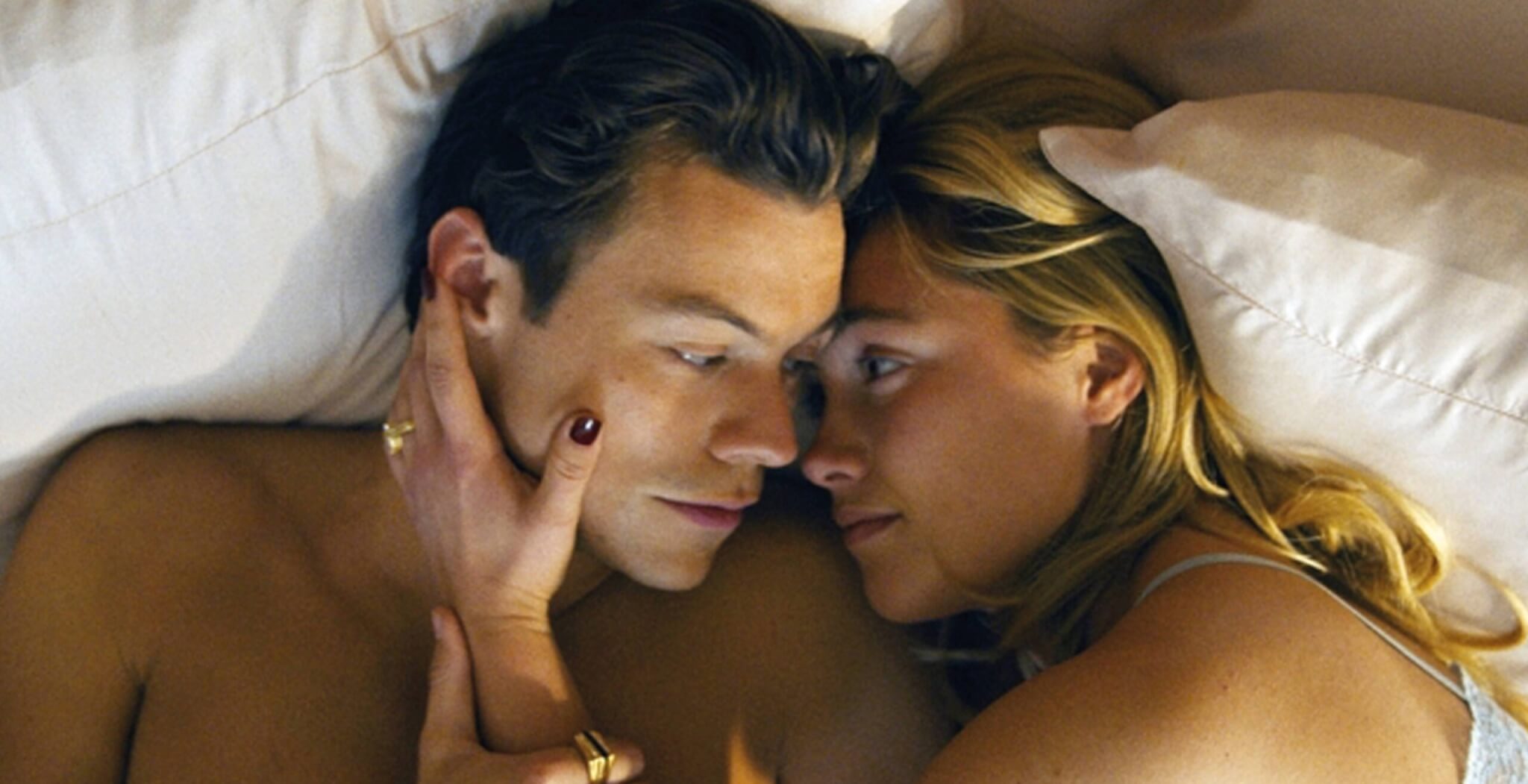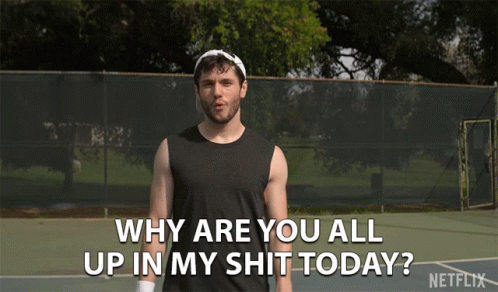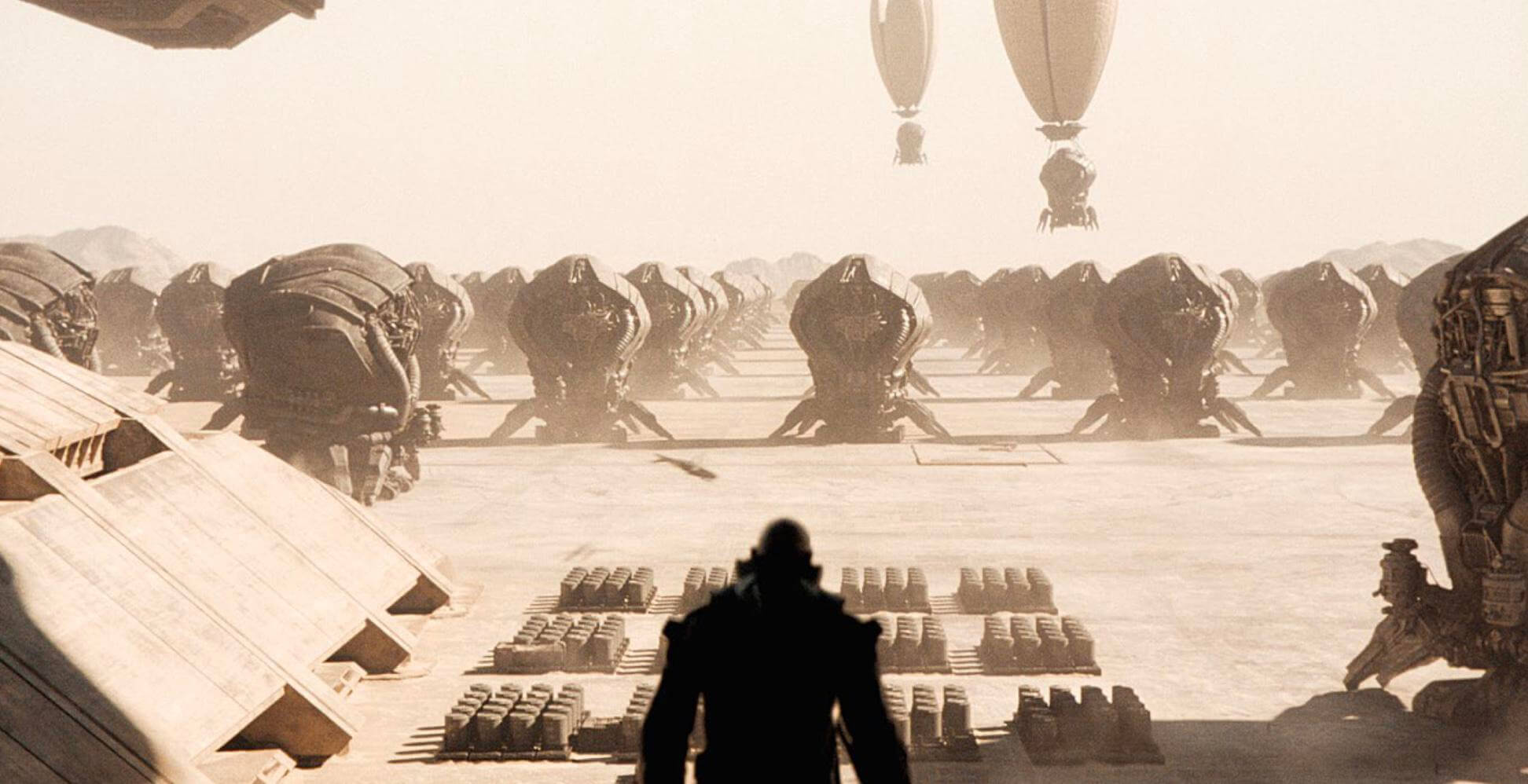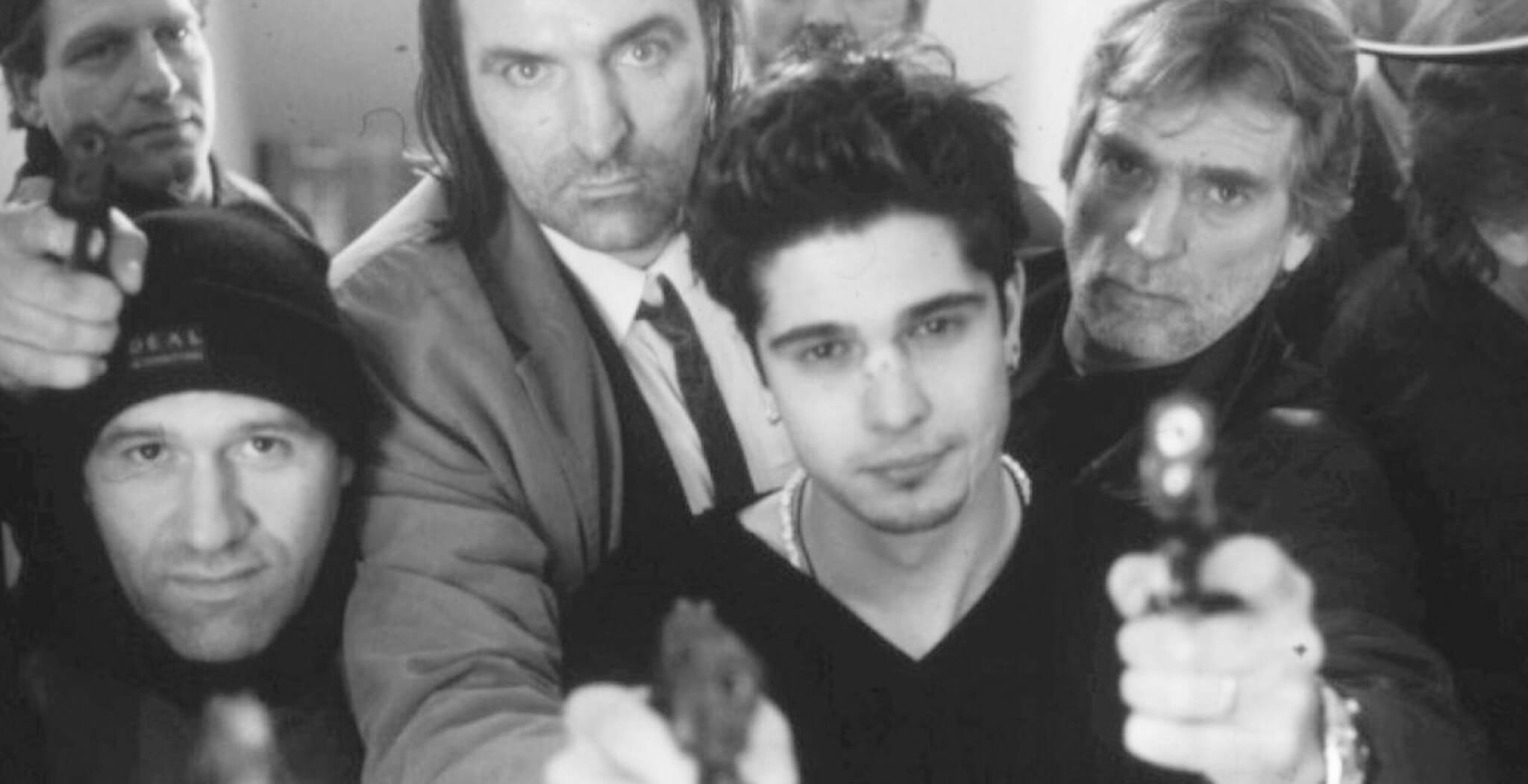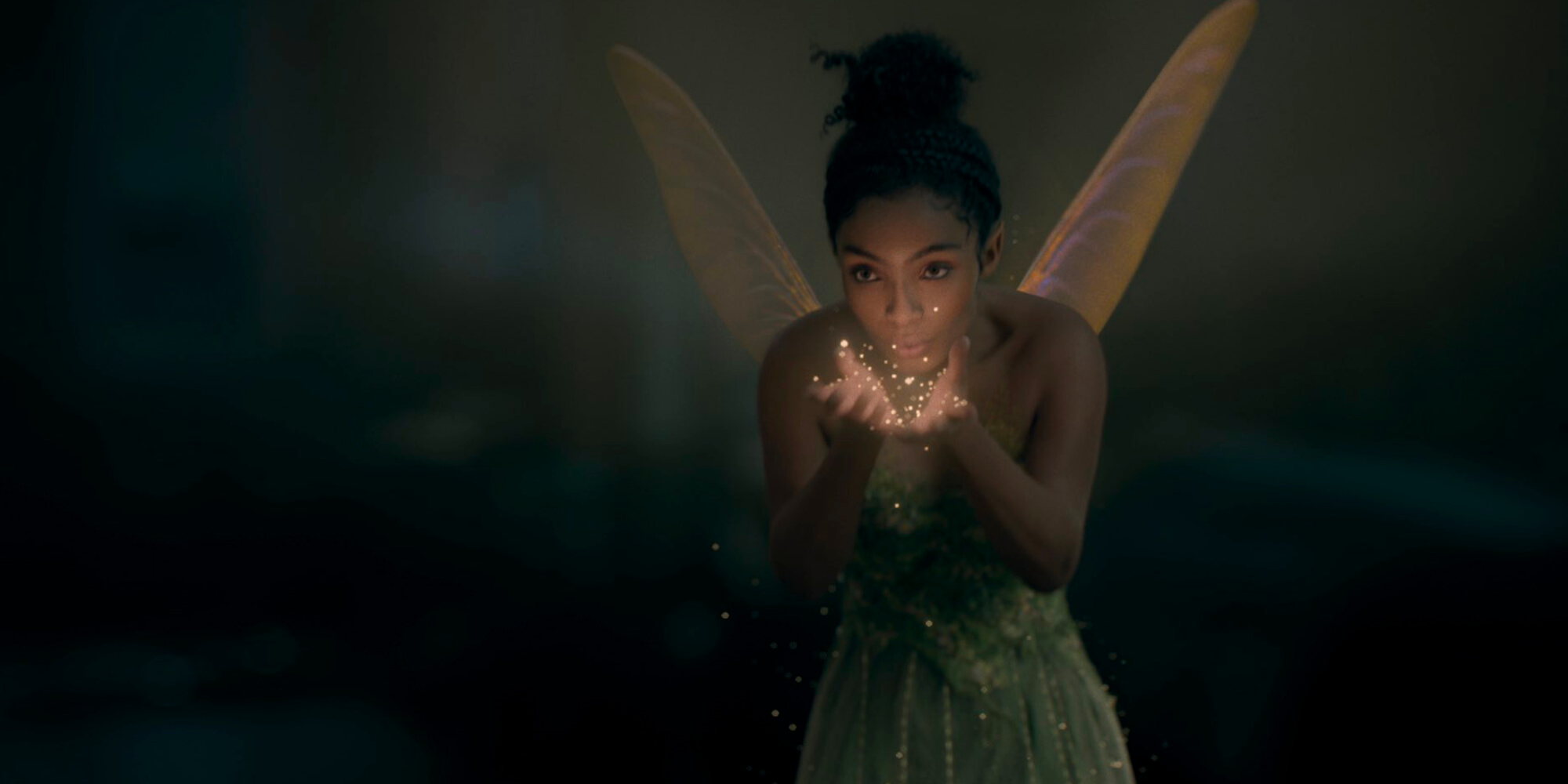STYLES OVER SUBSTANCE IN “DON’T WORRY, DARLING”
Olivia Wilde’s defiant stance against the patriarchy falls short of the catastrophe that plagued the disastrous press tour of this film, yet it remains nothing more than a representation of mediocrity.
Even prior to its official release, “Don’t worry, Darling” has become the subject of speculation. The question is not whether you’ve heard about it but rather what you’ve heard. Did Harry Styles truly engage in a public altercation with Chris Pine during the movie’s world premiere? Did lead actress Florence Pugh intentionally sabotage the press conference due to other commitments? The hype train for “Don’t worry, Darling” began derailing months ago when director Olivia Wilde faced legal proceedings regarding her custody dispute with former partner Jason Sudeikis, which unfolded publicly during a CinemaCon presentation.
The motives behind this incident remain unclear, with speculation of a planned humiliation of her ex-partner, whom she allegedly left for Harry Styles, her rumored love interest. As the mechanisms of gossip spiraled out of control, it became increasingly difficult for potential viewers, including yourself, to discern the truth amidst the fog of conflicting narratives. In today’s culture, where every event necessitates extensive context, the understanding of “Don’t worry, Darling” grew hazier for many.
This film has become a perfect storm for gossip and the darker corners of the internet. From Harry Styles dating the director to the controversial replacement of Shia LaBeouf with Styles, discussions about a pay gap between Florence Pugh and Styles have emerged, highlighting the irony that the movie’s “patriarchy-defying” approach seems obsolete in real life. The director’s interviews revealed that Chris Pine’s character was inspired by Jordan Peterson, and there is an underlying misunderstanding of how Hollywood perceives fandom. While online communities and fan armies are seen as free sources of promotion, the unwanted consequences of this fervor cannot be easily dismissed.
The weaponization of Johnny Depp’s stan army on Instagram and TikTok serves as a prominent example that we are on the brink of a cultural war. Regardless of which side you find yourself on, everything becomes content, and every piece of content can be wielded as a weapon. This trend will persist and intensify as stan armies with their long-lasting cultural memories become unforgiving and unforgetting.
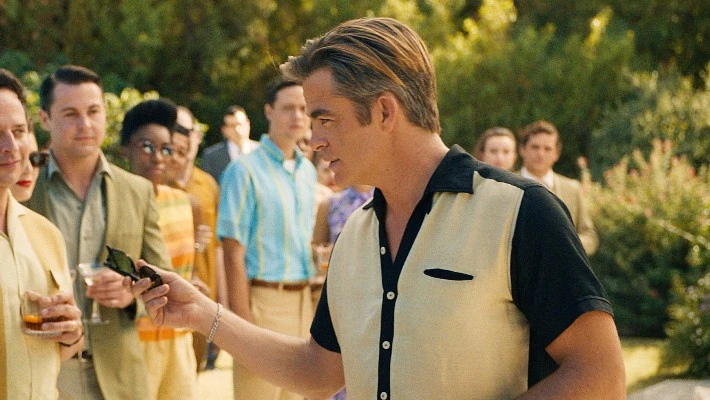

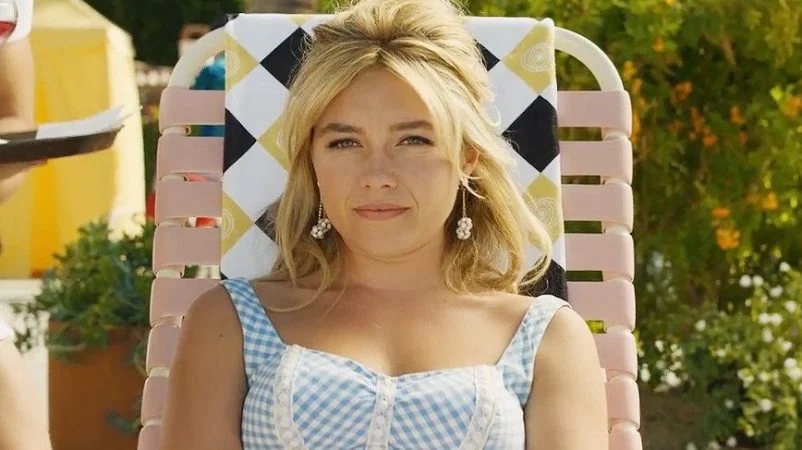
Ironically, this forgettable movie has become the current battlefield for this cultural war. “Don’t worry, Darling” largely resembles a mishmash of “The Stepford Wives,” “Pleasureville,” and “Greener Grass,” without the captivating cinematography it aspires to achieve. Set in dystopian suburbia, the script fails to match the cleverness and boundary-pushing the director strives to convey. Instead, it embodies average quality, borrowing ideas from other films without a genuine understanding of why they succeeded.
Although it manages to provide some entertainment value through its imitative nature, “Don’t worry, Darling” falls short of living up to the hype. Harry Styles portrays a surprisingly dull and one-dimensional husband lacking hidden depths, while Florence Pugh’s character begins to question the misogynistic suburban utopia, where the horrors lie just beyond the doorstep. Visually appealing with impeccable costume and production design, the surface of the film shines brightly, yet its core is as empty as the lives of its protagonists. In the early ’90s, it might have passed as mildly provocative, but its desperate quest for relevance transforms it into a poorly conceived psychological thriller. The initial promise is marred by a disastrous final act and an insufficient exploration of its high-concept framing device.
However, “Don’t worry, Darling” inadvertently gives rise to hopes for a future documentary that delves into the filming process and the impact of the humiliating press tour. Such a documentary may shed light on the lack of interest in the movie itself while illuminating the insatiable appetite for the surrounding gossip that captivated nearly everyone.








